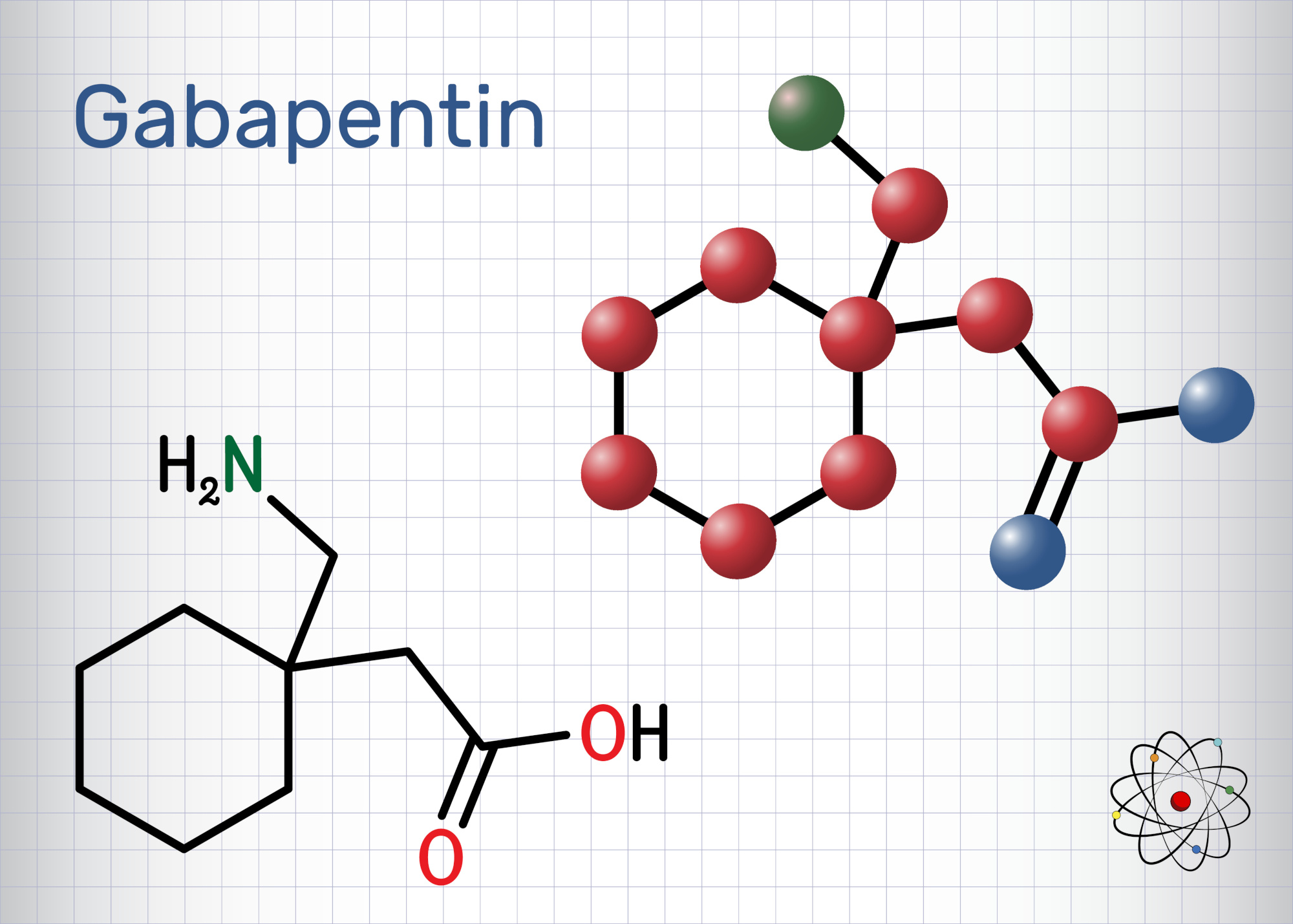Do you find yourself reaching for your Gabapentin pill bottle over and over again?
Your prescription medication to Gabapentin may seem harmless, especially if a doctor prescribed it to you initially, but an addiction to Gabapentin can cause chaos in your life and be harmful to both your physical and mental health.
Gabapentin was initially developed to treat epilepsy but, in recent years, has become widely prescribed for various conditions like neuropathic pain, restless leg syndrome, insomnia, and certain mood disorders like anxiety and bipolar disorder.
So, is Gabapentin addictive?
Yes, it can be a highly addictive substance. However, it may be tough to figure out if you have an addiction to Gabapentin—mainly because it is a prescription pill and may seem like a safe medication at first.
In this article, we’ll be examining some risk factors for Gabapentin addiction. Understanding these factors can help you or a loved one determine if you are suffering from Gabapentin dependence.
Understanding Gabapentin
When you take Gabapentin, neurotransmitters are sent to the brain to help manage seizures and alleviate pain. It can also send a calming feeling to the brain, which makes you feel good and stress-free. However, any medication that affects the brain can cause dependence.
Risk Factors for Gabapentin Addiction
Certain risk factors and lifestyle choices can affect your chances of developing a Gabapentin addiction, including:
Dosage and Duration:
Have you been taking Gabapentin for a long time? Do you take a high dose of the medication? The more medication that you take, the more it can affect your brain and increase the odds of developing an addiction. Also, if you have been taking Gabapentin for a long time, then your body could have an emotional and physical dependence on it, and it may be difficult to stop.
Personal and Family History:
Take a look at your personal history with substances as well as your family history. Have you or people in your family struggled with addiction in the past? A mix of genetic and environmental factors, like how we were raised, can affect our chances of developing an addiction later on in life. A history of personal addiction can also make you more susceptible to addiction to Gabapentin, especially if you are using it to manage symptoms related to your previous addiction, such as anxiety or withdrawal symptoms.
Co-occurring Mental Health Disorders:
If you suffer from anxiety, depression, or bipolar disorder, you’re not alone. These are some of the most common mental health disorders, but due to the nature of Gabapentin, they can put you at a higher risk of developing dependence. Gabapentin can have a calming effect on the brain, and it may seem like it’s helping with psychological distress, which can make you reach for your Gabapentin pill when you are having a tough day.
Polydrug Use:
Have you ever used Gabapentin with other substances like alcohol or opioids? A combination of these drugs can alter your brain chemistry and cause a euphoric-like feeling. This combination can wreak havoc on your health and cause a dependence on these substances.

Signs of Gabapentin Addiction
If you’re having trouble figuring out if you or someone close to you is suffering from a Gabapentin addiction, know that it can look different in everyone. However, some common signs can help you determine if you are suffering from a Gabapentin dependence.
Increased Dosage:
If you have asked your doctor for more Gabapentin, exaggerated symptoms to get more medication, or have asked friends and family for their Gabapentin medication, then that could be a sign that you are suffering from a Gabapentin dependence.
Obsessive Thoughts:
Can you not stop thinking about when you will get your next Gabapentin dose? Have these obsessive thoughts made it hard for you to get to your routine, like work or time with family? Obsessive thoughts about Gabapentin that get in the way of your life could indicate an addiction.
Withdrawal symptoms:
Is it getting harder and harder for you to stop taking your Gabapentin medication? If you experience withdrawal symptoms when you stop taking Gabapentin, like anxiety, insomnia, and irritability, then you could have a dependence on it.
Treatment for Gabapentin Addiction
Ultimately, while Gabapentin is an effective medication, it can be very addictive. The good news: getting prescription pill treatment in Southern California is now more accessible than ever. At Southern California Recovery Centers, we offer comprehensive programs to treat prescription pill addiction. We approach each client’s treatment with compassion and provide an innovative care team that offers evidence-based modalities to get you back on your feet. We also offer two beautiful and convenient settings in San Diego and Orange County.
Our admissions team is ready to help you get started. We can answer any questions about our facilities and insurance and get you on the road to sobriety. Reach out today to start a new chapter.
Sources:
National Library of Medicine ( 2016) Gabapentin misuse, abuse, and diversion: A systemic review
Cleveland Clinic (2021) Gabapentin
Harvard Health (2024) Gabapentin: Uses, side effects, and what you should know if you’ve been prescribed this medication
Southern California Recovery Centers
Southern California’s Premier Outpatient Addiction Recovery Center



